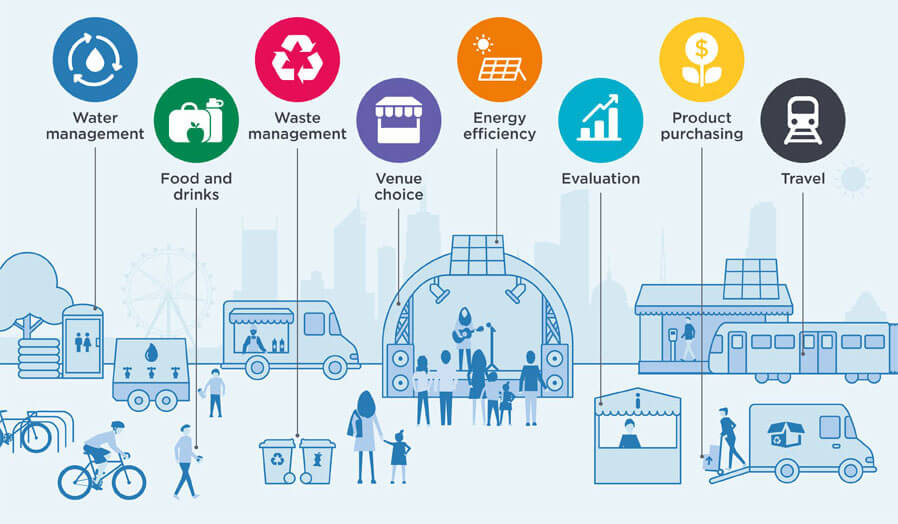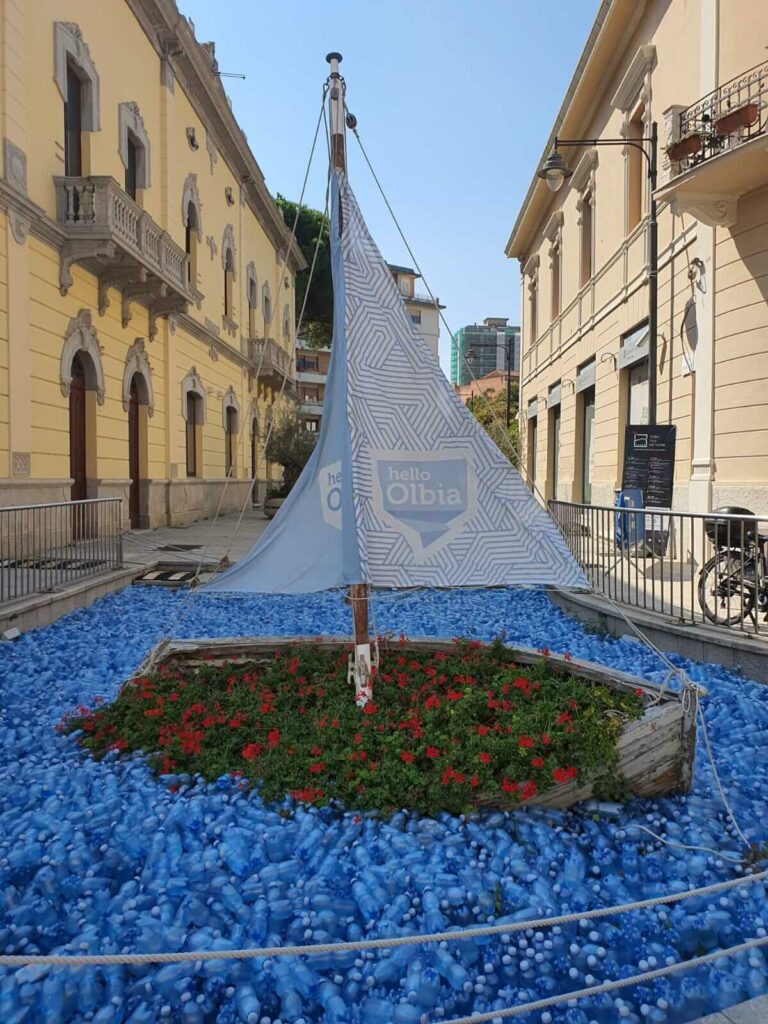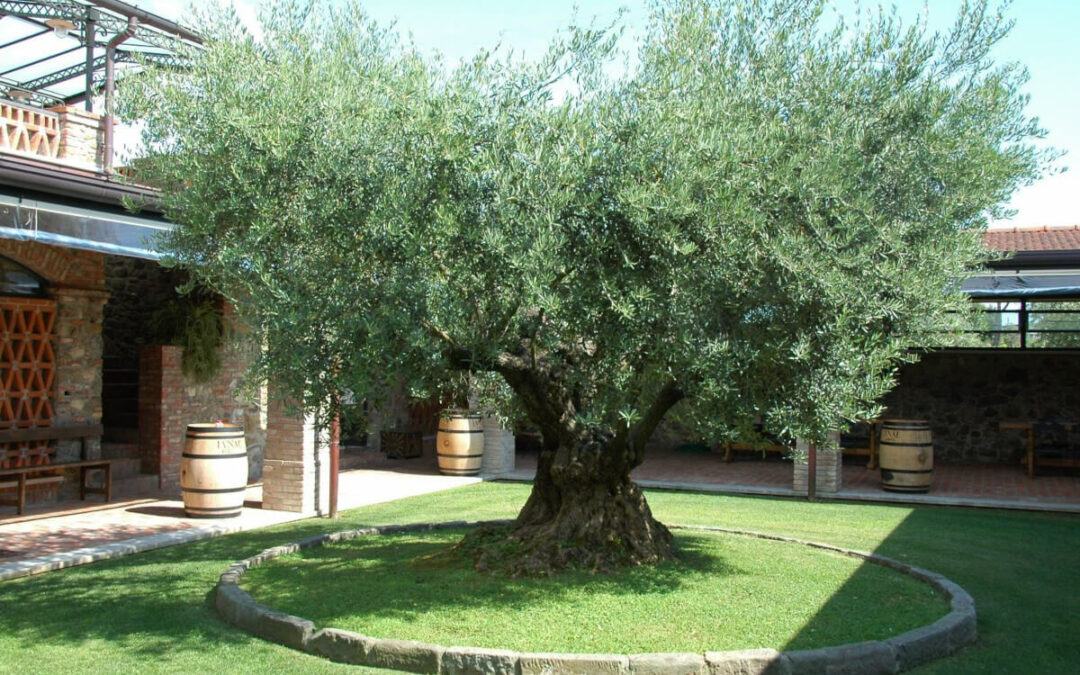American author, motivational speaker, and professor Leo Buscaglia once said, “Change is the end result of all true learning.” In our quest to become an evermore sustainable event planning and destination management company at Italian Special Occasions DMC (ISO DMC), we are constantly learning and making small yet significant changes to achieve that. We recently attended a webinar on sustainability organised by Positive Impact Events. One of the key takeaways for us was the importance of materiality in the events sector.
Today, we want to address this crucial topic and share some practical steps all event planners can adopt to achieve sustainability with this approach in mind.
What is materiality in the events sector?
Materiality refers to the economic, environmental, and social impacts or issues your company or organisation needs to consider when planning an event. It is crucial for sustainability reporting because it lets you focus on the most critical aspects of your sustainability efforts.
Of course, you could choose to report on all aspects of your sustainability program, but this would be highly time-consuming and dispersive. By focusing on material issues, you can ensure you cover the most significant problems so that your reports are valuable and informative.

How do you determine your materiality?
To determine materiality, event planners must consider the event’s goals, the stakeholders involved, and areas where they can make the most significant impact while controlling them.
For instance, as a Destination Management Company specialising in events, our materiality at ISO DMC could be transportation logistics and the venue’s impact on carbon emissions. We engage with our stakeholders and clients to reduce carbon emissions during the event planning stage. The key to reducing our carbon footprint is to analyse the event’s materiality, measure emissions and discuss what can be done to minimise them.
If you need help understanding the materiality of your event, Positive Impact Events has created an event sustainability system that helps you with that. This system emphasises the need to act and understand materiality at the planning stage rather than merely creating a checklist.
Why is materiality important for the event sector?
The event sector is a powerful tool for communication, and the event’s purpose is crucial. With materiality in mind, events can be designed to serve a purpose and not just for the sake of attendance. If event planners adopt this approach, it can create a new narrative for the event sector!
Understanding event materiality is critical in planning a sustainable experience. By analysing it and engaging stakeholders, event planners can reduce their carbon footprint and plastic use, and achieve sustainability goals.

Practical examples: what steps have we taken at ISO DMC?
Organising any event impacts the environment and the surrounding community, resulting from consuming natural resources, generating waste and emissions, and influencing local lifestyles and traditions.
While we have always interacted with our clients to explain the benefits of choosing destinations off the beaten path to avoid mass tourism, one of the practical changes we have made recently is to measure our events’ impact. We include this mission in our contracts to strengthen the transparency and consideration of our interest groups. This is also a great tool to educate and engage our clients, especially if sustainability and emissions were not part of their initial plan. We are helping change the narrative!
How do we measure our impact? We use the Business Carbon Calculator powered by Normative and offered for free through the SME Climate Hub.
We then combine the actions to reduce carbon emissions with our approach towards cultural tourism with a positive impact on the local community of the event destination. We rely on the United Nations’ Sustainable Development Goals (UN SDGs) indicators to measure our progress. We design events promoting education (SDG 4) and decent work and inclusion (SDG 8). In our article “Are you ready for events with a positive impact?” you can find practical examples of how we address each SDG in our travel and event experiences.
At ISO DMC, we are constantly learning and happy to be inspired by roadmaps and reports. That’s why we also keep an eye on the Acceleration Action Program, which helps us and all event planners set objectives for the year to achieve sustainability goals.
What actions can you take?
If you also want to change the narrative and positively impact the events sector, we suggest you look at the following resources.
- Join the Race to Zero and see how you can meet global commitments through your events and influence your clients and stakeholders.
- Sign the Net Zero Carbon Events Pledge to turn theory into practice with this collaborative effort!
- Use the Business Carbon Calculator to estimate your company’s carbon footprint and find quick-win actions to reduce emissions.
- Check out Positive Impact Events and their precious resources that can guide your sustainability journey.




